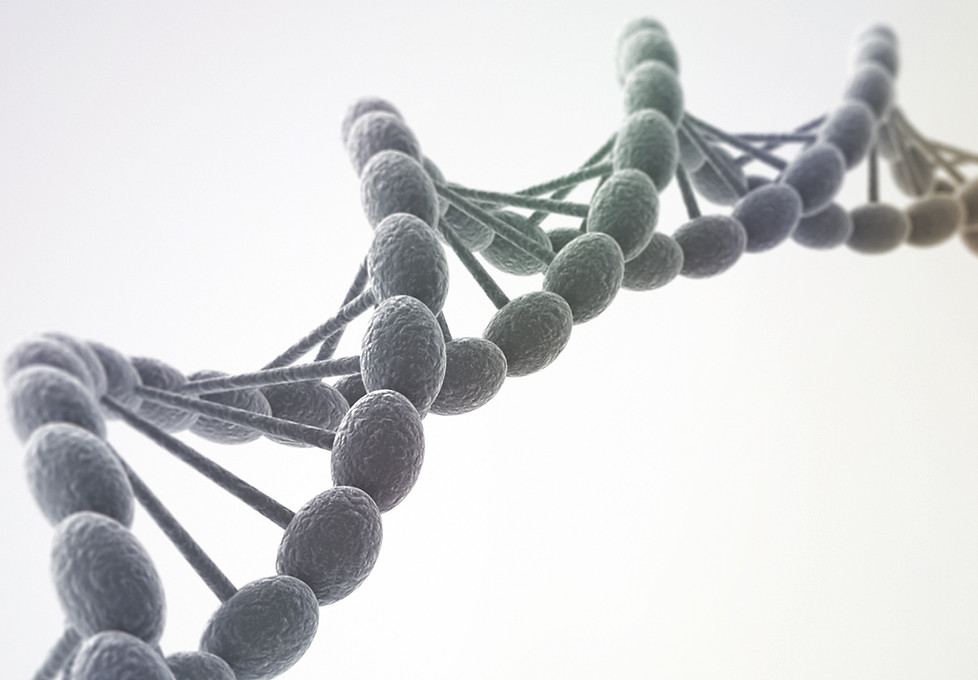

Biotech
@SUT
School of Biotechnology,
Suranaree University of Technology
last updated 23 Dec 2016

Curriculum
Ph.D. in Biotechnology
-
Plan 1.1: thesis (research) only, no course work for qualified candidate with Master degree and previous experiences in relevance research area
-
Plan 2.1: thesis (research) and course work for general qualified candidate with Master degree in related filed
-
Plan 2.2: thesis (research) and course work for general qualified candidate with bachelor degree in related filed
M.Sc. in Biotechnology
thesis (research) only, no course work for qualified candidate with Master degree and previous experiences in relevance research area
thesis (research) and course work for general qualified candidate with Master degree in related filed
thesis (research) and course work for general qualified candidate with bachelor degree in related filed
thesis (research) only, no course work [for qualified candidate with previous experiences in relevance research area]
thesis (research) and course work [for general qualified candidate]
Requirements
PhD 1.1
Total credits : 64 + (no less than 64)
-
core course : 0
-
elective course : 0
-
seminar : 0
-
thesis : 64 +
PhD 2.1
Total credits : 64 + (no less than 64)
-
core course : 0
-
elective course : 12+
-
seminar : 4
-
thesis : 48 +
PhD 2.2
Total credits : 96 + (no less than 96)
-
core course : 11
-
elective course : 15 +
-
seminar : 6
-
thesis : 64 +
M.Sc. A1
Total credits : 48 + (no less than 48)
-
core course : 0
-
elective course : 0
-
seminar : 0
-
thesis : 48 +
M.Sc. A2
Total credits : 48 + (no less than 48)
-
core course : 11
-
elective course : 6 +
-
seminar : 3
-
thesis : 20 +
ProgramLearning Outcomes
Ph.D.
Students in our curriculum will be able to :
1.1. PLO1 (Remember) TQF-2
Describe the definition of Biotechnology and identify key bio-innovations
1.2. PLO2 (Understand) TQF-2
Understand the key concepts (Conceptualize important knowledge) in biological sciences (microbiology, molecular cell biology, biochemistry) and principle technology (bioprocess engineering) that are essential for creating bio-innovations
1.3. PLO3 (Apply) TQF-1&4
Operate scientific research project under the guideline of ethic codes
1.4. PLO4 (Analyze) TQF 3,5
Implement current techniques in biotechnology to answer various relevant scientific problems related to specific area of interest
1.5. PLO5 (Analyze) TQF 3,5
Identify socioeconomically problems that can be solved by biotechnology related to specific area of interest
1.6. PLO6 (Evaluate) TQF 2,3
Criticize scientific reported published in various sources and defend the integrity of conclusions drawn from their own research thesis, which is related to specific area of interest, independently.
1.7. PLO7 (Create) TQF 1,2,3,5
Design scientific experiments to solve problem and to create bio-innovations that can solve specific problem related to specific area of interest, independently.
1.8. PLO8 (Create) TQF 1,3,4,5
Compose results of novel scientific knowledge for publication in international journal with impact factor and deliver oral presentation in international scientific conferences related to specific area of interest, independently.
M.Sc.
Students in our curriculum will have be able to :
2.1. PLO1 (Remember) TQF-2
Describe the definition of Biotechnology and identify key bio-innovations
2.2. PLO2 (Understand) TQF-2
Understand the key concepts (Conceptualize important knowledge) in biological sciences (microbiology, molecular cell biology, biochemistry) and principle technology (bioprocess engineering) that are essential for creating bio-innovations
2.3. PLO3 (Apply) TQF-1&4
Operate scientific research project under the guidance, following the guideline of research ethic codes
2.4. PLO4 (Analyze) TQF 3,5
Implement general techniques in biotechnology to answer various relevant scientific problems related to specific area of interest
2.5. PLO5 (Evaluate) TQF 2,3
Criticize scientific reported published in various sources and defend the integrity of conclusions drawn from their own research thesis related to specific area of interest, under the guidance
2.6. PLO6 (Create) TQF 1,2,3,5
Design scientific experiments to solve problem or create bio-innovations that can solve specific problem related to specific area of interest, under the guidance.
2.7. PLO7 (Create) TQF 1,3,4,5
Deliver oral or poster presentation in international scientific conferences related to specific area of interest and to compose results of novel scientific knowledge for publication as full-paper in a proceeding.


about us.
Biotechnology is an applied science that exploits living organisms or components of living organisms to make useful products. The graduated programs in school of biotechnology at SUT provides the students with an opportunity to conduct research as part of their thesis in the four main research clusters; i.e.,
-
Molecular Biotechnology
-
Embryo and Stemcells Technology
-
Agricultural and Microbial Biotechnology
-
Industrial and Bio-engineering
Mission/Vision
วิสัยทัศน์
Bio-innovations Pioneer
ผู้นำแห่งชีวนวตกรรม
Educational Phylosophy
ปรัชญา
“creator of bio-innovations for sustainable living”
“บัณฑิตผู้สร้างสรรค์นวตกรรมเพื่อความผาสุขอย่างยั่งยืน”
SUT :
เอกลักษณ์ (Uniqueness) มหาวิทยาลัยแห่งการสร้างสรรค์นวัตกรรม (University of Innovation)
อัตลักษณ์ (Identity) บัณฑิตนักวิทยาศาสตร์และเทคโนโลยี ผู้มีภูมิรู้ ภูมิธรรม ภูมิปัญญา และภูมิฐาน (Science and Technology Graduates with Knowledge, Moral Ethos, Wisdom, and Dignity)
วิสัยทัศน์ (Vision) : มหาวิทยาลัยเทคโนโลยีสุรนารีเป็นสถาบันแห่งการเรียนรู้ทางด้านวิทยาศาสตร์และเทคโนโลยีชั้นเลิศและเป็นที่พึ่งของสังคม
SUT is an excellent learning institue of science and technology and a reliable pillar of society
RANKING
The school is ranked as "very good" and moved up to be # 2 in the country by Thailand Research Fund (TRF) for Research competency in the year 2016.
The school was ranked as "very good" (score 4 out of 5) for the quality of research output by Thailand Research Fund (for the year 2013)
KM Website is located at http://iat.sut.ac.th/biotech/
School summary
staffs





















